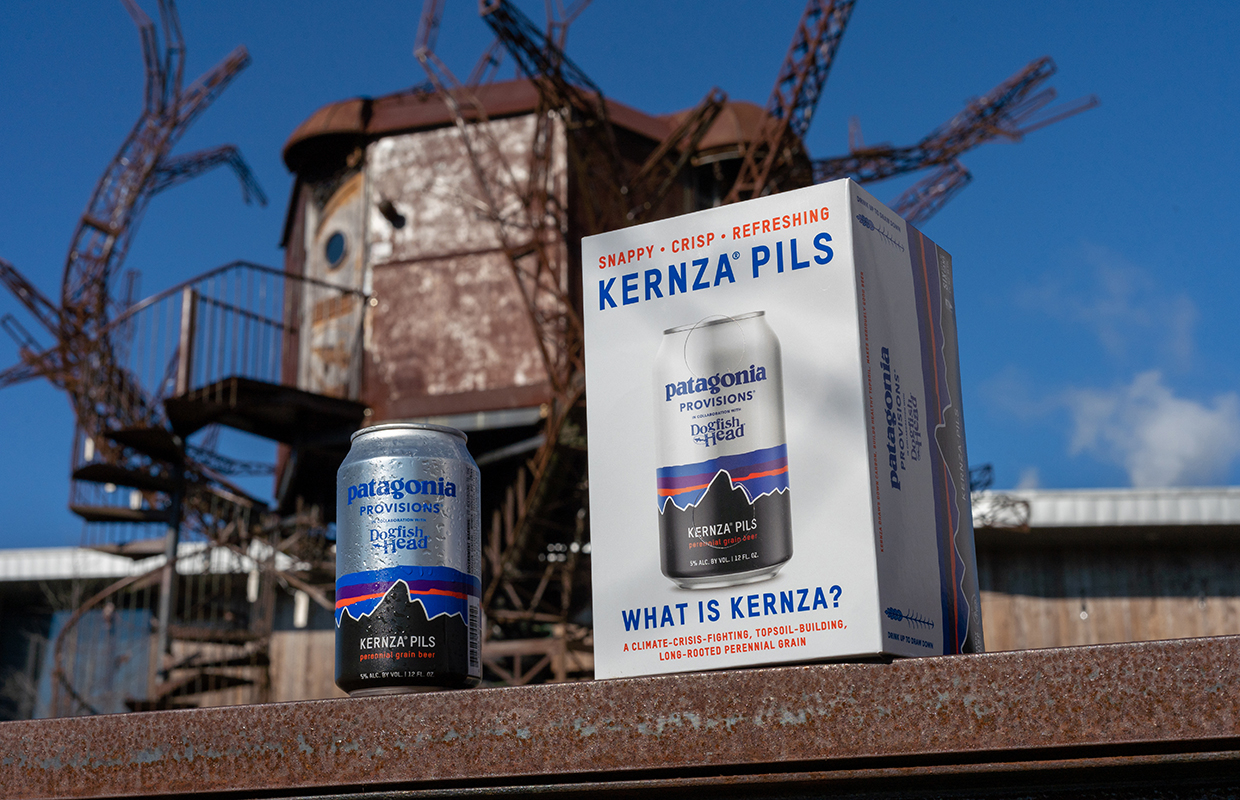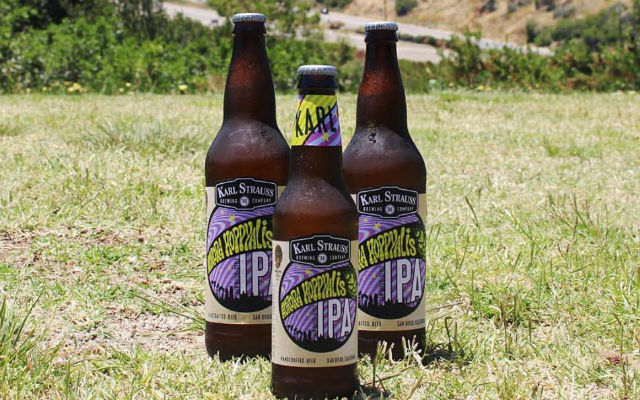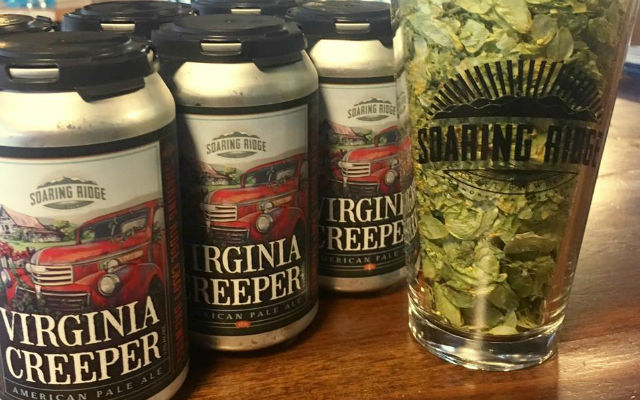
In 2008, The Land Institute in Salina, Kansas, made a breakthrough in regenerative agriculture with the development of a perennial grain called Kernza. Whereas most grains are planted and harvested annually, Kernza stays in the ground year after year, developing roots up to 12 feet long. Perennial crops like Kernza are beneficial to the environment; they protect soil from erosion and improve soil structure. They increase ecosystem nutrient retention, carbon sequestration, and can contribute to climate change adaptation and mitigation.
In the case of Kernza, they lend a uniquely nutty flavor that makes a delicious beer, so The Patagonia Provisions and Dogfish Head recently launched Kernza Pils to mark an important milestone in scaling Kernza.
”Not only does Kernza help our planet by disproportionately drawing more carbon from the atmosphere than its annual grain counterparts, but it makes a really tasty beer, adding a unique yet subtle spiciness to the brew,” said Dogfish Head founder Sam Calagione. ”The biggest obstacle with introducing Kernza into the brewing world at a faster rate is the scarcity of the grain itself. Kernza is a finite crop with limited acreage. With Kernza Pils, we are hoping to educate more folks on the power of this perennial grain and in turn, inspire farmers to plant more of it.”
The beer’s rallying cry is “Drink Up to Draw Down!,” meaning the more Kernza Pils sold, the more Dogfish Head is helping to create market pull for Kernza-based products and helping farmers transition from growth of annual to perennial grains.
Calagione noted that the biggest difference between Kernza and other types of wheat typically used in the brewing process is its perennial growth.
“It thrives without pesticides, uses water and nutrients more efficiently than conventional wheat, helps to reduce erosion , and removes more carbon from the atmosphere than annual grains,” he said.
READ MORE: Hopworks Urban Helps Explore Applications of Sustainable and Perennial Variety of Wheat
Kernza Pils (5.0% ABV) is an earthy, aromatic, and notably refreshing Pilsner brewed with organic malted barley, organic Contessa hops (a newly organic-certified hop variety), and Kernza. The melodic interplay of the Kernza and Contessa hops provides the beer with its distinct flavor profile; the Kernza adds a subtle, spicy warmth to the beer, while the organic Contessa hops, with notes of pear and green tea, give it a bright, floral character and uniquely crisp, clean drinkability.
It really just took some good, old-fashioned experimentation to nail down proper grist percentages, Calagione said.
”Props to our brewmaster Mark, and Birgit and Patrick from Patagonia Provisions who tested each test batch with us to suggest subtle tweaks to make it perfect,” he said. “We have been researching Kernza as a brewing ingredient for quite some time. Through that research, we had an idea of the flavor profiles Kernza would impart on a beer. After that, it was finding the hop varieties that best complimented the grain’s unique flavor characteristics.
”We went through several iterations of the beer, trialing them — under an assumed name, of course — with guests in our coastal Delaware Tasting Room and Brewpub prior to brewing it on a national scale.”
Both Dogfish Head and Patagonia Provisions share similar missions and values, as well as an innate love for Mother Nature and the many bounties it provides.
With this particular project, Calagione said they wanted to come together to help scale regenerative farming practices and crops and inspire change in the brewing industry by incorporating more climate-friendly ingredients into the brewing process.
”Showcasing grains like Kernza is important because the growth of perennial crops can help protect our planet,” he said. “It’s been found that conventional farming practices lead to 25% of all carbon emissions driving the climate crisis, so if we don’t work together to make a change, our world’s topsoil will be depleted in just 60 years. One way to combat this is through regenerative agriculture and the growth of perennial crops.
”Perennial crops, like Kernza, benefit the environment by protecting soil from erosion, improving soil structure, increasing ecosystem nutrient retention and carbon sequestration, and contributing to climate change adaptation and mitigation.”






Be the first to comment